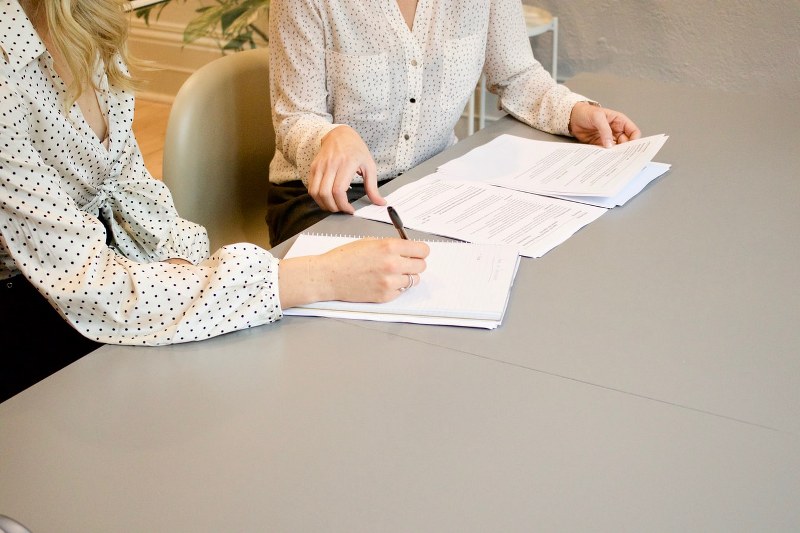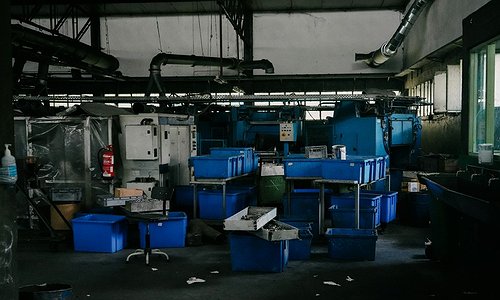Investing in commercial property - is it a wise move?

Follow us on Facebook or visit one of our websites: Kruger and Partners Inc. / Mbombela Properties.
Investing in a property is an exciting venture, especially when it comes to investing in commercial property. There is a potential to make some serious money, and most people rely on property investment as a means to eventually retire, since the work involved is so minimal.
Owning property will also give you something to hand down to future generations, ensuring the financial stability of your family when you are no longer around.

We will take a look at the many reasons as to why investing in commercial property is an astute move. We will also delve further into making the right buying decisions to help ensure that your commercial property is a money-generating success.- Lease agreements on commercial properties are a lot longer than those that come with residential. A commercial lease agreement is usually between three to four years long. This provides the landlord with a good steady income.
-
Commercial properties require less monitoring and operational management.
- Businesses usually do not work 24 hours a day, so this means that you will only work when they do. At night most commercial properties will have an alarm monitoring service. More often than not this will be provided by the business in order to protect their assets that are held within your property. So, if anything does happen at night, the alarm company will notify the proper authorities.
-
Landlords of residential properties are bound by the Prevention of Illegal Eviction (PIE) Act, so if they have a tenant who has stopped paying rent or is doing something sketchy on their property, it can take a long time to have them evicted. There are tons of formalities and red tape to navigate before they can actually get rid of a bad tenant. As a commercial property owner, this does not entirely pertain to you. You are able to shut down a shop if the owner does not pay their rent in a timely manner with half the amount of time and effort it would take if it were a residential property.
- The tenants of your commercial property are generally the ones who are responsible for outgoings like rates and insurance.
-
Because of the long lease agreements, tenants often wish to upgrade their work space after a few years and these improvements will increase your property value.
- Commercial property is a regular income source in addition to primary revenue inflows. This brings us to the best reason to invest in commercial property, the earning potential.
-
You would get much higher returns by purchasing a commercial property to rent at six to 12 per cent per year, than by a residential property that only amounts to one to four per cent.
- It is one of the few assets that actually appreciate with time. For example, when you buy a car, you can never sell that car for more money than what you bought it for. Commercial property can bring in large profits if the market is favourable.
-
It is often easier to evaluate the price of a commercial property, because you can request the current owner's income statement and, based on that, determine what the selling price should be.
- The interests of both you as a landlord and your commercial tenant are usually the same, to make money from the space. This makes it a lot easier to keep all interactions between you professional and courteous.

Even though investing in commercial property may be a sound option, there are still things that every new investor will have to take into account. Since we want to set you up for success, here are a few things to keep in mind when investing in commercial property. - One of the biggest mistakes that new investors make is to fixate solely on the bond repayments. Remember, there are additional costs like rates, levies, utilities and maintenance that will need to be considered before you decide on the perfect place.
-
The real cost of maintenance. When purchasing an old building that seems like a great bargain, make sure to do an accurate survey of the state of repair of the building.
- Make sure there are no defects. Maintenance costs are one thing, but defects can land you in a completely different ball park when it comes to unexpected costs.
-
Make sure to carefully asses the state of the building itself; electrical connections, water supply, air-conditioning and even the quality of network and Internet coverage.
- Always make sure to request the approved building plans of the property before you go ahead and buy it. This is a large investment and it would be most unfortunate if you were slapped with a demolition order because the previous owner had built without the requisite approval.
-
If the property you are buying is part of a sectional title scheme, you need to make sure that the body corporate that runs the complex is healthy and well managed. You will also need to have a look at its financials.
- Consider how easy it is to access your building. Tenants will have to make money in order to keep paying you rent, so it is in your best interest to take things like road infrastructure, parking, congestion and the proximity to public transport into consideration.
-
When it comes to property, any property, it is exactly as they say: location, location, location. The location of your property has the power to decide whether or not you will be able to eventually sell it at a profit or a loss, whether you will have regular happy tenants or whether your space will sit empty while you struggle to find a decent renter.
It is important to think about who you will be renting to. An office building next to a noisy construction site or lively shopping center may not provide the quiet workspace your tenant needs. A shop located in a quiet part of town will not attract a sufficient number of customers for a tenant to cover their rent. Remember, when choosing a location, property values in metropolitan areas are more favourable as they are less affected by economic fluctuations.

Editor: Anchen Coetzee
Written by: Tereasa Dias
Subeditor: Wahl Lessing



